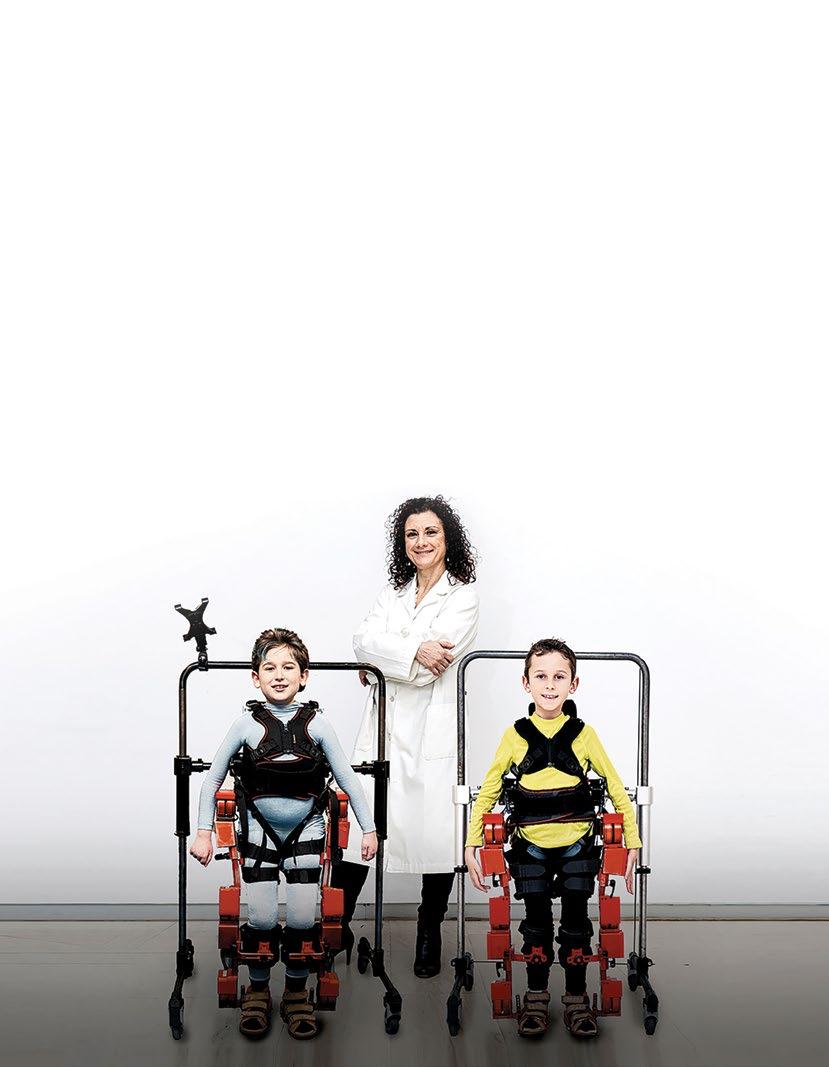
1 minute read
World's first exoskeleton for children with spinal muscular atrophy
Spain's High Council of Scientific Investigations (CSIC) has patented and authorized the international marketing of the first pediatric exoskeleton which helps patients suffering from Type 2 Spinal Muscular Atrophy. This Spanish invention has just received the CE marking, granted by the Spanish Medicines and Health Products Agency, which means that it can now be marketed.
The device called ATLAS 2030 would help 17 million children around the world; it weighs 12 kg and is made of aluminum and titanium. As of 2016, the invention was in the pre-clinical phase, however, years of clinical trials have demonstrated that its intensive use succeeds in delaying the musculoskeletal complications associated with both, Spinal Muscular Atrophy (SMA) and cerebral palsy.
Advertisement
At first, the company requested EU aid for the industrialization of the project, but when it was denied, it started a crowdfunding campaign. Shortly thereafter, the funding from the European Commission’s SME was received, which supported that the device complied with the regulations for making it available in the market. Currently, its promotors have started a financing round: “we plan to seek greater financial muscle so that the exoskeleton be available in all autonomous communities, but also overseas,” says the project leader Elena García Armada.
Written by Jennefer Iveth Mercado Cerda. Student of the Master of Public Health, Bachelor of Public Health, Researcher in the Department of Development at CidVID.
Sources:
1. Redacción NCYT(13 de mayo de 2021). Retrieved from: https://www.20minutos.es/noticia/4694355/0/primerexoesqueleto-infantil-puede-comercializarse-ayudar-17-millonesninos/?autoref=true 2. Araceli Guede (12 de mayo de 2021). Retrieved from: https://www.20minutos.es/noticia/4694355/0/primerexoesqueleto-infantil-puede-comercializarse-ayudar-17-millonesninos/?autoref=true










